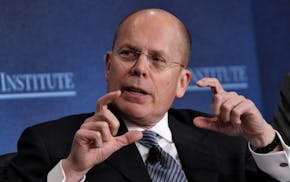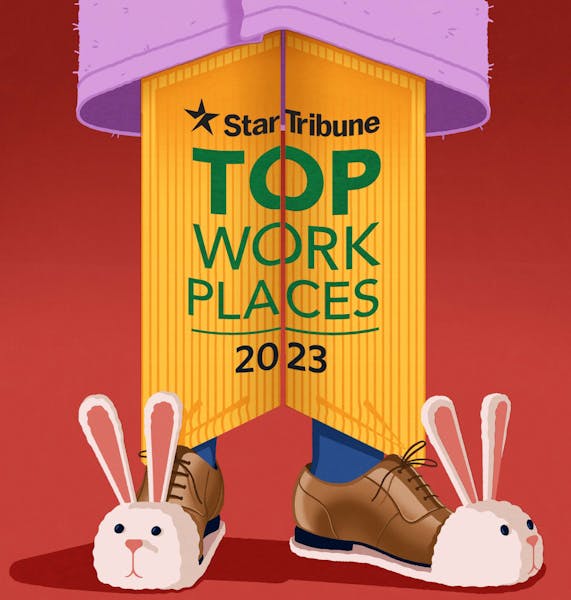At a time when technology is taking a leap, economic conditions are unpredictable and environmental issues are real, some might say what a company needs most is a strategic thinker.
Others would say they need a change-maker who takes risks and issues quick decisions — after all, the pandemic showed us that the greatest success in the crisis came to those that pivoted the fastest.
While those qualities are indeed important, even more leadership experts are pointing to emotional intelligence as a key trait of a successful company today.
Microsoft CEO Satya Nadella, in a question-and-answer session at the University of Chicago where he got his MBA, said the most important attribute for a leader, often underestimated, is to create clarity.
"You don't need a leader when everything is well-defined, and it's easy, and all you have got to do is follow a well-written plan," he said. "But in an ambiguous situation, where there cannot be complete information, that is when leadership will matter. ... The people who are capable of getting into a situation where there is, in some sense, panic and who can bring first clarity on what to do next — that is invaluable."
Nadella is credited with bringing back Microsoft's culture of innovation, shifting its focus to the cloud platform while preserving and improving the unrivaled Windows.
He said leaders need to create energy — to be at their "evangelical best" to both their employees and their customers. They also need to deal with the constraints that their businesses face. You can't wait for the barriers to go away, he said.
These attributes can certainly result in good problem-solving. It's about being able to hear all the pieces from different departments and knit them together and then go on to see the next.
But to get there, leaders also need to understand people and to know how to listen — to be empathetic, Nadella told the crowd.
"I actually think that empathy is not something that you reserve just for your personal life, even though it helps a lot. Obviously you need it to exist as a human in the world," he said. "But it is also core to product development. It is core to creation of any value."
That is not something artificial intelligence tools can achieve, he said.
In fact, that empathetic ear is even more important since the pandemic, said Paul Blom, CEO of Right at Home health care agency and winner of this year's Top Workplaces leadership award for small companies.
"People have a universal need to be supported, respected and appreciated," he said. "Going through two years of isolation and weirdness has people really needing human contact in a genuine way, not some superficial 'trinkety' way."
Blom, whose organization has a 96% retention rate, subscribes to the servant leadership method of management, which emphasizes being there for the whole organization. He said the pandemic enhanced his skills because of the "heightened level of communication and connection with all staff."
Record year for Top Workplaces
The companies on the Star Tribune's 2023 Top Workplaces list are likely to be more successful adapting to the new reality, based on survey answers.
This is the 14th year that the Star Tribune has partnered with Pennsylvania-based Energage for the program. Any company with 50 or more employees in Minnesota is eligible.
Those who raised their hands or were nominated had to agree to an employee survey — the basis for making our ranked lists or meeting the national standards set by Energage.
The survey covered areas such as leadership, values, direction, communication, meaningfulness and benefits.
Energage invited 5,049 organizations to participate. Surveys went out to 124,719 employees in the region, and 73,329 responded.
For 2023, 323 employers made the winners list, including the Top 200 ranked companies and another 123 that exceeded the national standard for becoming a Top Workplace. That's a record.
In April — as it has been for a while — there were more open jobs in Minnesota than job seekers. And while there were signs nationally in May that the job market is slowing a bit, employers across the state are still scrambling to fill jobs.
That means retaining employees is even more important. Energage Chief Executive Eric Rubino says companies must be intentional about creating a culture that prioritizes employee engagement and appreciation.
"We really need workplaces that inspire employees," he said. "You have to really acknowledge employees genuinely and consistently."
And that takes leaders who understand — who have empathy for their workers.

Hundreds line up at Best Buy to nab Nintendo Switch 2, in scene like '90s opening parties

UnitedHealth shareholders give tepid support to $60M in stock-based pay for new CEO
Target recalls more employee groups to downtown Minneapolis headquarters

Ronzoni pasta-maker coming to Lakeville in $880 million Post acquisition

